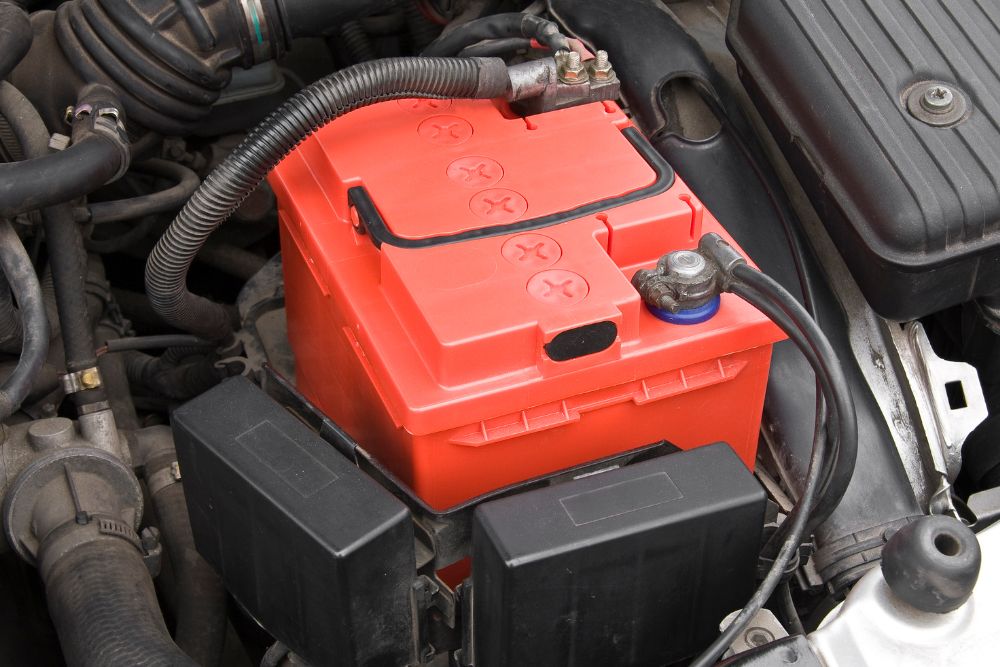Car batteries play an essential role in your vehicle’s functionality, but they are often overlooked until they start causing problems. Your car battery provides electrical energy to start your engine, power your lights, and operate your accessories. Therefore, it’s essential to understand the basics of car batteries and how to maintain them to prevent unexpected breakdowns and costly repairs properly.
Types of Car Batteries
There are two primary types of car batteries: lead-acid and lithium-ion. Lead-acid batteries are reliable, relatively inexpensive, and easily recyclable. Lithium-ion batteries are becoming increasingly popular in newer vehicles. They’re smaller, lighter, and have better overall performance.
Signs of a Failing Battery
Knowing the signs of a failing battery is essential to avoid unexpected breakdowns. Some common signs of a failing battery include dimming headlights, slow engine cranking, and a clicking sound when attempting to start the engine. If you notice any of these signs, have your battery inspected by a professional as soon as possible.
Maintenance Tips
Regular maintenance is critical when it comes to prolonging the life of your car battery. Some maintenance tips include keeping the battery clean and dry, checking for corrosion on the terminals, and ensuring that all connections are tight. It’s also vital to have your battery tested during routine maintenance appointments and to replace it if it’s nearing the end of its lifespan.
Understanding the ins and outs of car batteries can save you time, money and put your mind at ease. Whether you have lead-acid or lithium-ion batteries, knowing how to maintain and care for them is essential. You can avoid unexpected breakdowns and costly repairs by following basic maintenance practices and proactively replacing your battery before failure. Your car battery may be small, but it plays a significant role in your vehicle’s reliability.
